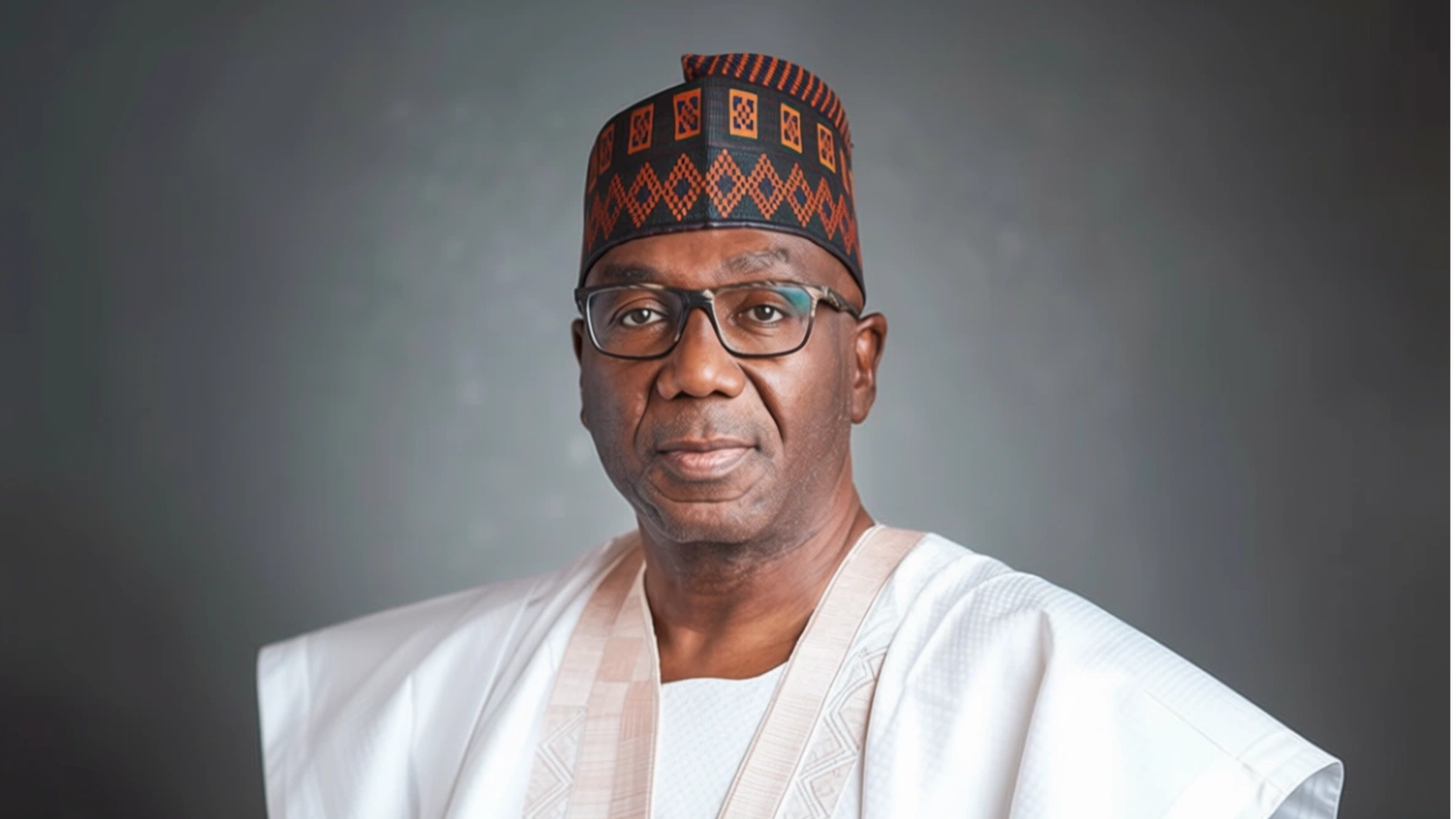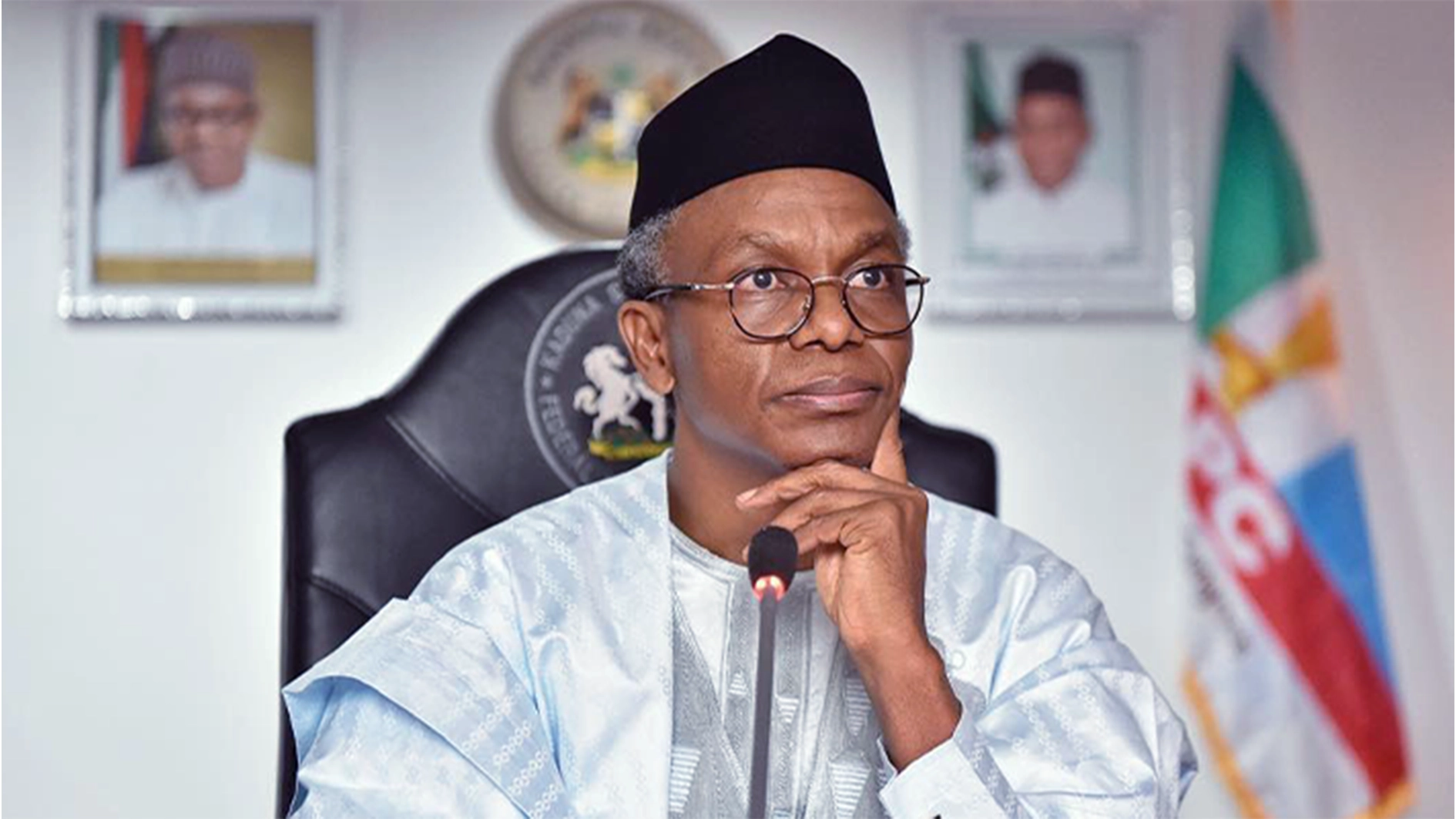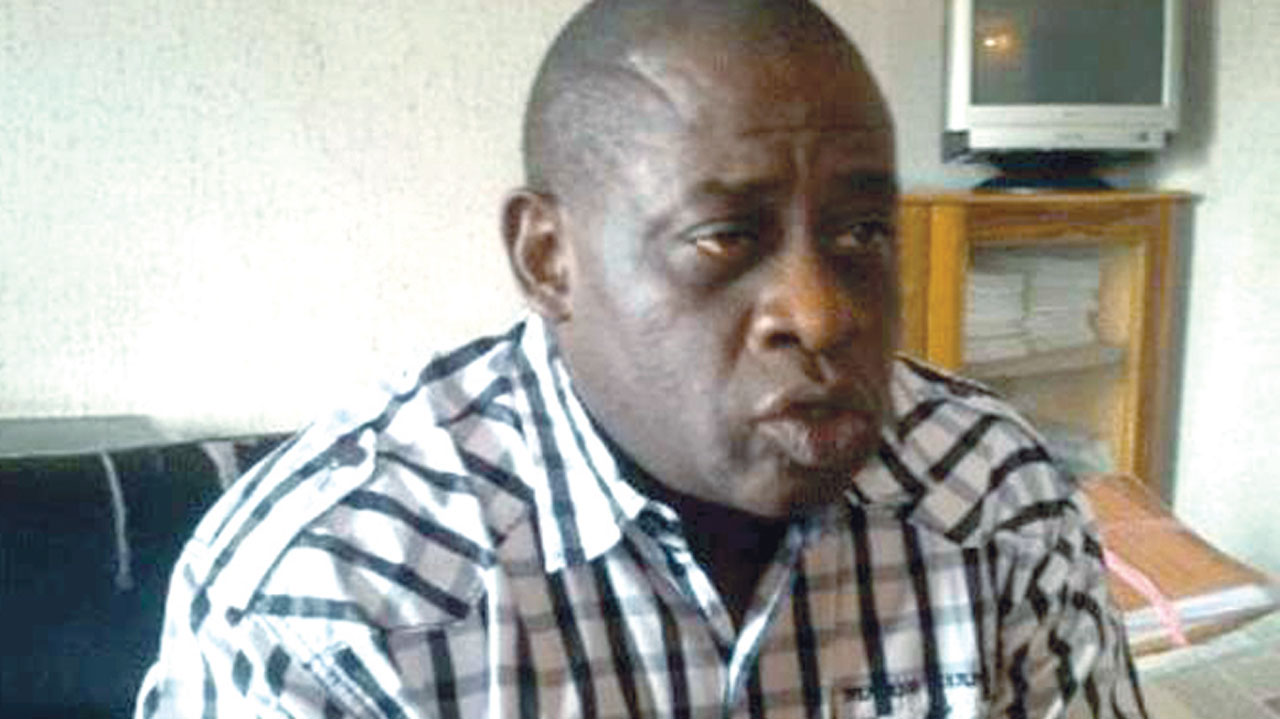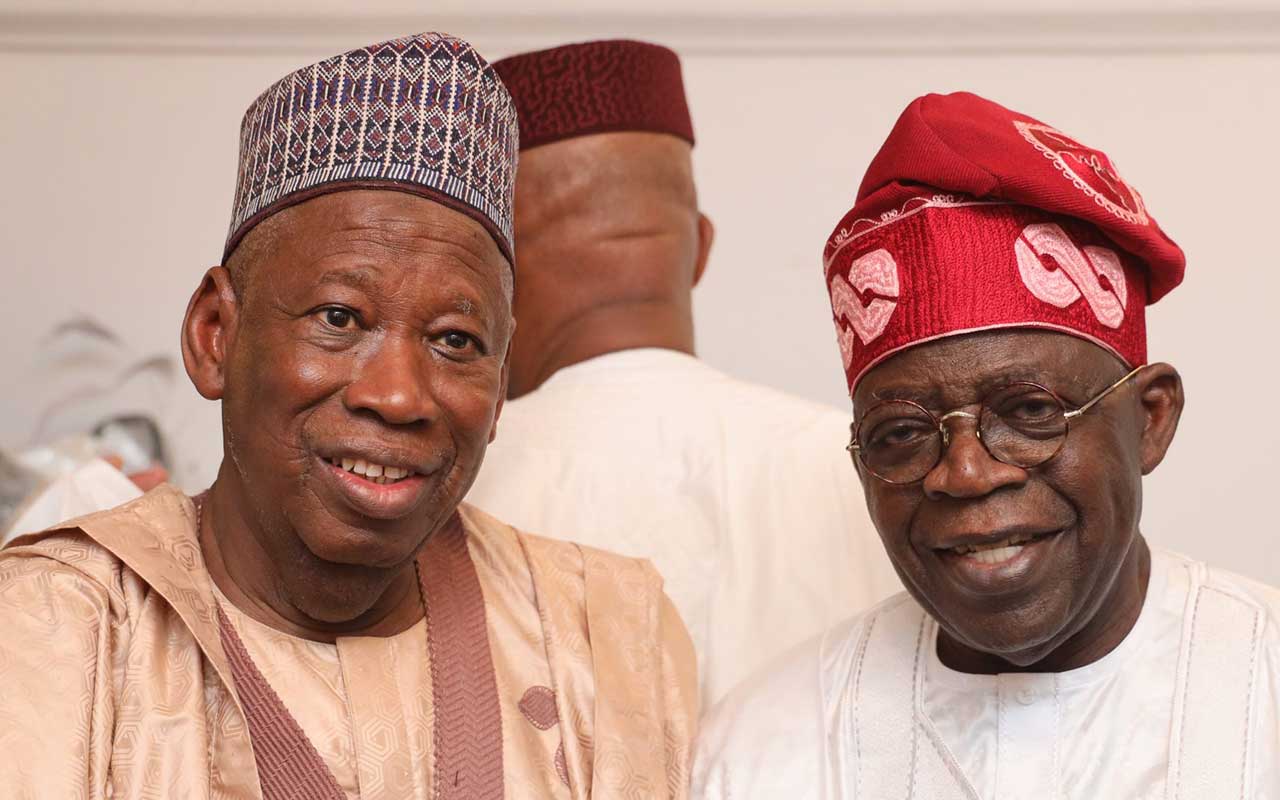 A split between the ruling All Progressives Congress (APC) and the central government is brewing, with the latter growing indifferent in defence of the former’s policies. Also, President Bola Tinubu, the party’s national leader, is being criticised for refusing to convene the National Executive Council (NEC) and inaugurate the party’s National Advisory Council (NAC), ADAMU ABUH reports.
A split between the ruling All Progressives Congress (APC) and the central government is brewing, with the latter growing indifferent in defence of the former’s policies. Also, President Bola Tinubu, the party’s national leader, is being criticised for refusing to convene the National Executive Council (NEC) and inaugurate the party’s National Advisory Council (NAC), ADAMU ABUH reports.
The ruling All Progressives Congress (APC) appears to be cohesive and playing its role in galvanising support for government’s policies and action but that is not the case. The working relationship expected between the presidency and the party is lacking. And the situation is being blamed for the inability of the government to get some of its bills passed at the National Assembly despite controlling the majority of members at both chambers.
Stakeholders are of the opinion that if President Bola Tinubu had been carrying the party along with its reforms, the widespread criticisms against removal of subsidies on petroleum and floating of naira against foreign currencies would have been curtailed.
It has been argued that the party has not done enough in rallying those in position of governance on the implementation of the policy direction of the government.
It is also believed that most of the critical decisions affecting the party are taken inside Aso Rock without recourse to party leaders. Although the President is the National Leader of the party, there are structures and organs, which inputs are needed for APC to play its role as a ruling party.
Findings revealed that APC is at the mercy of President Bola Tinubu as it could neither convene the mandatory caucus and National Executive Council (NEC) meetings nor wade into critical matters of national importance. The party indefinitely postponed both meetings earlier scheduled for September 11 and 12 respectively because President Tinubu was unavoidably absent while on official duties abroad.
Since then, party sources said the President is yet to beckon on the Dr Abdullahi Ganduje-led National Working Committee (NWC) to convene the meeting to deliberate on the audited reports of the party and the proposed mid-term convention of the party before the end of the year.
Though the NEC that is faced with difficulties of paying staffers of the party their monthly salaries and allowances as well as settling payments for adverts placed in various media outfits for over a year is said to be looking beyond the presidency for its survival.
The delay by the Senator Goodwill Akpabio-led National Assembly to pass the Tax reforms Bills with the usual speed of light as was witnessed with other Bills from the executive arm speaks volume of the weakness of the top echelon of the party to get the buy in of the APC dominated bicameral chambers.
The criticism of the bill by Borno State governor, Babagana Zulum, and Borno South Senator, Ali Ndume despite being APC leaders, revealed that the party has not taken decision on the bill and other reform policies of the government.
President Tinubu, among others, had in his Renewed Hope Agenda pledged to create a progressive tax regime, plug harmful loopholes, enhance the efficiency of collection and give people a greater sense of responsibility in relation to their taxes, as well as adhering strictly to the principle that public funds are only to be spent on the public good.
President Tinubu particularly pledged to deploy the same skills and expertise used in Lagos State to generate record levels of internally generated revenue, create wealth, attract investment, improve and significantly expand the current administration’s efforts to generate revenue by reducing leakages in the financial system.
But APC has been silent on the debate over the tax reform bill. Party sources believe that the inability by the leadership of APC to constitute the long awaited National Advisory Council (NAC) as stipulated by the party constitution should be blamed for the absence of unity of purpose among APC stalwarts.
President Tinubu has come under scathing criticisms for not correcting the anomaly inherited from his predecessor, Muhammadu Buhari, for not activating party structures and organs to play their roles.
However, one of the APC’s foundation members, Osita Okechukwu, said that the absence of NAC cannot impact negatively on the implementation of the Renewed Hope Agenda of the President Tinubu-led administration.
He argued that with the presence of the Council of Elders, Progressive Governors Forum (PGF) and some standing committees like the Publicity, Judiciary and Finance Committees, the party has a rich reservoir of advisory bodies.
He said: “The informal ones are uncountable and most times more efficient though ubiquitous and unnoticed. As per the Tax Reform Bills, it is not partisan per se, as there are four Bills in one, which contain sub-heads and items of divergent nomenclatures. The octopus nature of the Bills automatically and naturally will generate a plethora of hot air and divergent viewpoints, at any point at any rate,” he said.
He noted that the non-partisan nature of the debate on the tax reform bills is good for the country and will allow members of the national assembly to be better informed before taking final decisions.
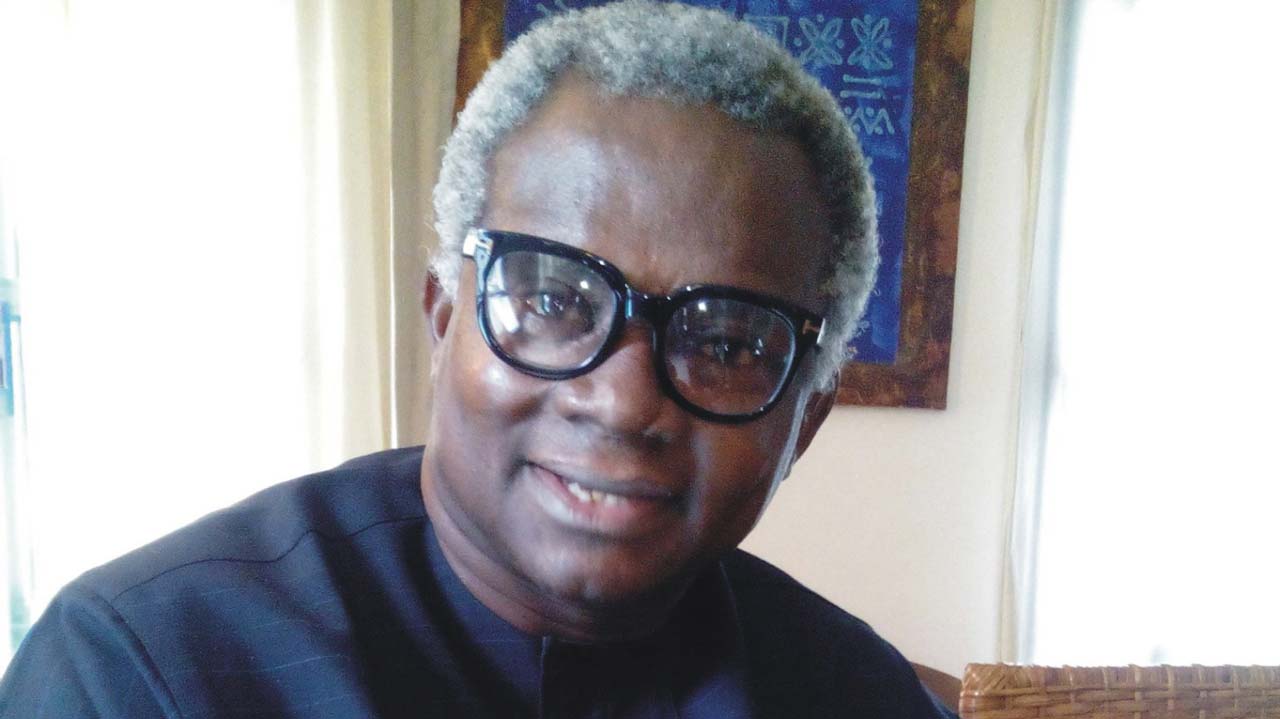
He said: “Don’t forget that Nigeria is a heterogeneous society, where what is good for the gander may not be good for the goose. I think that’s why Mr President called for further consultations as demanded by Governor Zulum and co. My viewpoint is that what happened is the fine tenets of democracy at work. Where many viewpoints contend and the common ground will prevail at the end of the day.”
Ganduje’s Special Assistant on Civil Societies and Support Groups, Okpokwu Ogenyi, insisted that neither the absence of NEC nor the constitution of NAC should be blamed for the ongoing disagreement over the veracity of the tax reforms Bills.
The politician noted that APC has attained a quantum leap under Ganduje as it is the only party that is not factionalised as could be seen with the opposition Labour Party (LP), New Nigerian People’s Party (NNPP) and Peoples Democratic Party (PDP).
He said: “It’s not the issue of NEC that is bringing diverse views among party members. You will agree with me that APC is a marriage of different political parties and from the beginning you are aware that the former National Vice Chairman (North West) Salihu Lukman, was still criticising the government and its policies.
“So, it is not the issue of NEC and not even the issue of the advisory council that is causing diverse views among party members. You will also agree with me that the debate on the tax reforms is going along regional lines where those opposing the Bills are northerners and the proponents from the western part of the country.”
Asked why the party is lagging behind in wading into the critical issues, he said: “No, the party is selling it to its members and that is why you have the committee led by the Attorney General of the Federation meeting with the Senate leadership to discuss the issue of tax reform.
“What people don’t know is that the burden of this tax reform bill is on the bourgeoisie and conglomerates. It is just like the NHIS where the healthy pay the bills of the sick, which is obtainable in other parts of the world. So, to reform Nigeria takes courage. When you see governors, Senators and House of Representatives members from the North coming out to criticise the Bills, you will understand why some gullible people follow them blindly.”
Article 12.2 of APC’s constitution stipulates that “the National Advisory Council shall comprise of past and present Presidents and Vice Presidents, past and serving Senate Presidents and Deputy Senate who are members of the party, past and serving Speakers and Deputy Speakers of the House of Representatives, who are members of the party, past and serving National Chairman produced by the party, past National Secretary of the party and past and serving Secretary to the Government of the Federation (SGF) who is a member of the party.
They include “one serving governor from each geo-political zone, Deputy National Chairman, National Secretary, National Legal Adviser, National Woman Leader, National Youth Leader, National Leader of Persons Living with Disabilities, and two eminent members of the party from each geo political zone, one of whom shall be a woman, to be nominated by the zonal caucus.”
Article 13.2 of the party constitution empowers the National Advisory Council “to serve as the conscience and soul of the party, and shall represent and demonstrate the highest standard of morality in the party. It shall, when necessary, intervene in all disputes and crises in the party to ensure its stability at all times, advise on, and when necessary, initiate policies for the guidance of the party as well as promote reconciliation, encourage and facilitate the settlement of disputes in an amicable manner among members of the party.”
Lukman, who dumped the party earlier in the year out of frustration, argued that if anything, instead of changing Nigerian politics, what is being witnessed between 2015 and now is that APC has changed to become PDP incorporated in every respect.
Arguing that all that exists now is a legal entity that has poor relationship with party leaders and hardly any relationship with Nigerians, he contended that it is either APC leaders take the needed steps to call both Ganduje, the APC NWC and President Tinubu to order by restoring constitutional order and returning the party to its founding vision of progressive politics, which should be about unity of party leaders and Nigerians, or the party can as well declare an end to progressive politics in Nigeria.
He said it is unfortunate that party leaders have been cowed to silence as no one wants to take the risk of being on the wrong side of President Tinubu.
“It is quite depressing. As it is, the sad reality is that President Tinubu is inaccessible to many party leaders. The policies of his government are clearly anti-people and completely contradictory to even his campaign document Renewed Hope.
“Sadly, the way things are, there is a prevailing atmosphere of being intolerant to criticism. Even unlike under former President Muhammadu Buhari, party leaders are being treated in a manner that threatens anyone who could disagree with the President.
“And from all indications, even high-ranking members of his cabinet have limited access to him. Consequently, here we are with a government, which is supposedly ours but treating us as recluses, if not enemies. We are anything but stakeholders.”



